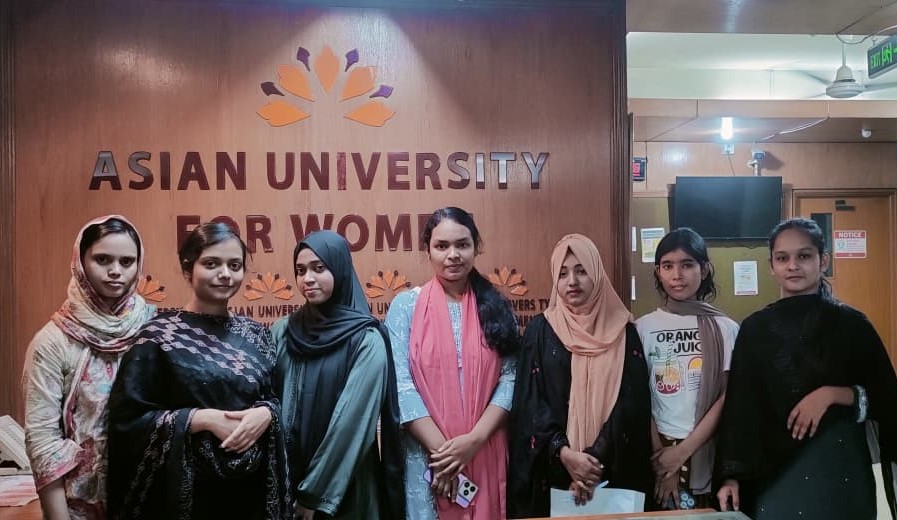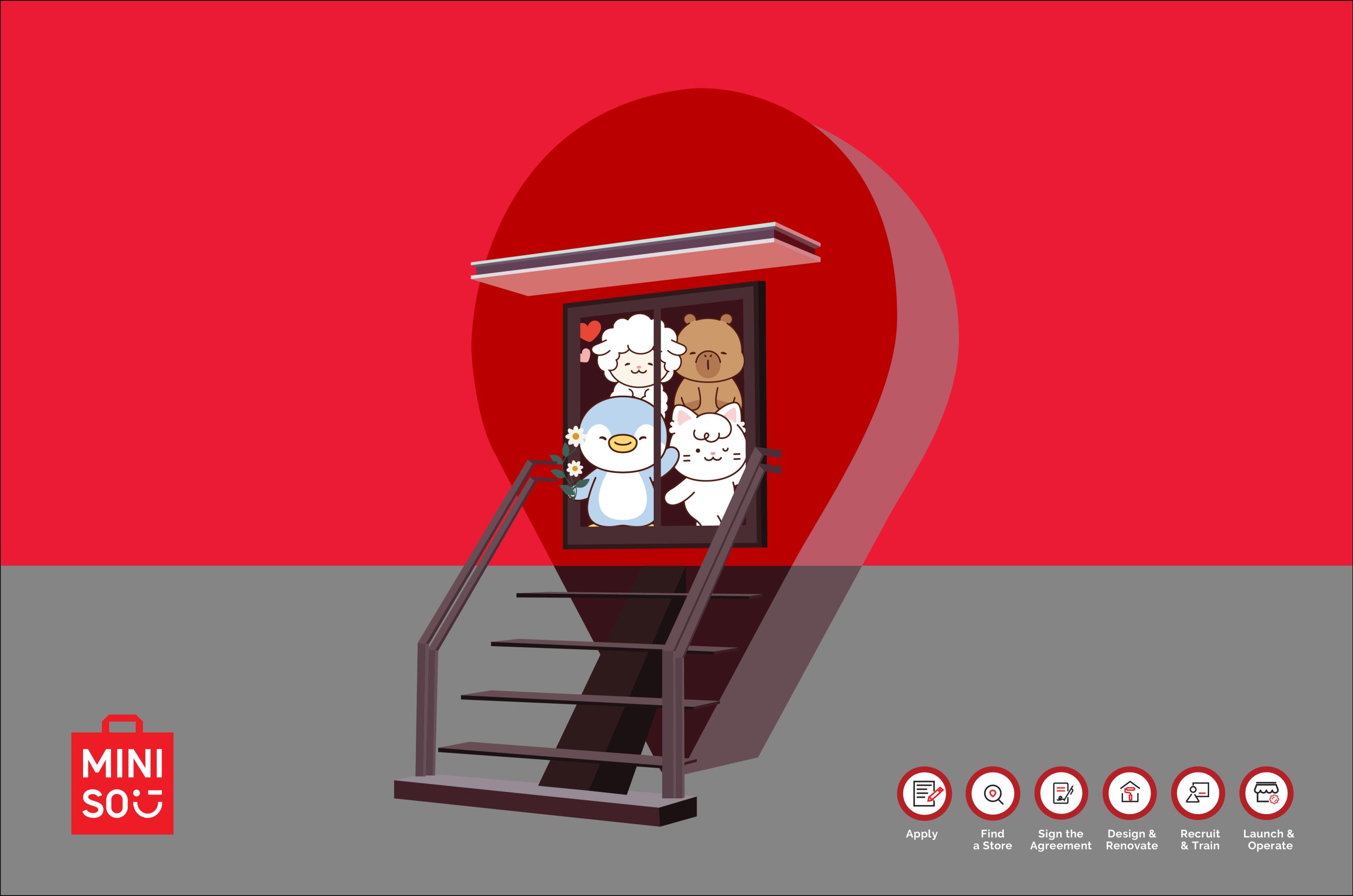SHAMSUL HUQ ZAHID
The pharmaceutical industry of Bangladesh is a pampered, both nationally and internationally.
It gets all the protection at home in the matters of manufacturing and marketing of drugs and medicines. The National Drug Policy of 1982 has helped the domestic producers of pharmaceutical products to dominate the market driving out the multinationals. The pharmaceutical companies have also been enjoying a free hand in fixing the prices of their products barring some selected essential items.
Internationally, the industry is not required to bother about trade-related intellectual property rights (TRIPS). As is the case with other LDCs, the pharmaceutical companies here have been free to procure and produce generic medicines. The exemption from TRIPS was due to expire on January 1st, 2016, but it has been extended until January 2033. The WTO Council for TRIPS approved the extended deadline on November 6, 2015, following negotiations between the developed countries and LDCs. The LDCs, led by Bangladesh, did press for exemption from TRIPS for an indefinite period but the exemption for an indefinite period was denied. However, a provision for further extension of the exemption remains in place.
Thus, the rise of the local pharmaceutical companies has been rather spectacular. In the early 80s, the industry turnover was mere Tk 1.0 billion. In 2014, the same soared to Tk 110 billion. Local manufacturers, numbering 160 now meet nearly 97% of the demand for drugs and medicines. They have acquired a production capacity that is not only enough to meet local demand for drugs, to a great extent, but also to have a small share in the international market.
Bangladeshi drug manufacturers now export about 500 items that include active pharmaceutical ingredients (APIs). The country fetched about $73 million through the export of pharmaceutical products in 2014-15. The amount is tiny compared the global pharma market valued at about $520 billion. What is, however, deserves a mention that the US Food and Drug Administration (FDA) recently approved Square Pharmaceuticals and Beximco Pharmaceuticals after inspection of their oral solid dosage facilities.
ll said above refer to only achievements of the country’s pharmaceutical industry. But given the local and international support that the industry has so far received, its achievements should have been even greater. The industry could not take full advantage of the TRIPS waiver deadline that was due to expire in January last. If the waiver had not been extended further, Bangladesh would have rued itself for failing to capitalize on the opportunity.
The construction of the API (active pharmaceutical ingredients) park, now under construction at Munshiganj, should have been completed by now to accommodate a good number of API producing companies. The local pharmaceutical companies are largely dependent on imported raw materials. The API Park would help them produce basic ingredients at economy rates.
In fact, Bangladesh is better placed than any other LDC to reap the benefits of the TRIPS waiver facility by raising the sales of generic medicines both at home and abroad. The drug manufacturers have an assured market home. But they would have to expand their exports to developing and developed markets. However, having access to the external market to a larger extent would not be that easy. The Bangladeshi manufacturers will be required to meet the quality criterion while offering products at competitive rates.
The local pharmaceutical industry does have high aspirations. It aims at developing at least 30 world-class drug manufacturing units in the next decade with the objective of securing a strong foothold in the global market. The exemption from adhering to patents and data protection until 2033 has offered yet another opportunity to local drug manufacturers to make their dreams a reality. The country’s possible graduation to a middle-income country in next 7 to 8 years, however, might shorten the opportunity period. Yet Bangladesh has all the potential to reach the target.
The fundamental objective of granting the TRIPS waiver to LDCs, including Bangladesh, has been to enable these countries to make drugs and medicines available at affordable prices to their respective population. Are the local drug manufacturers meeting that obligation?
Compared to many other nations, the generic drugs produced in Bangladesh are cheaper. But there are allegations that in the absence of government control, the pharmaceutical companies have been raising the prices of their products whimsically. However, the companies have always dismissed such allegations.
Media reports, prepared on the basis of field surveys, have substantiated the claim about whimsical price hikes by pharmaceutical companies. The government controls the prices of a small number of essential drugs, only 209, while the manufacturers enjoy freehand over the prices of nearly 8,000 generic medicines. The propensity to raise the drug prices frequently is a recent phenomenon. The issue is highlighted by the media very often, but the government is found to be indifferent.
Besides the issue of price, quality of medicine is yet another concern. Only 20 to 25% of the local pharmaceutical companies are reportedly producing quality drugs, and a large number of small and medium level companies have been providing substandard and poor quality drugs. Tests have revealed the presence of lower than required quantities of ingredients in medicines sold in the form of capsules, tablets, and liquid preparation. The regulatory control in the pharmaceutical sector has always been weak. The Drug Administration (DA) virtually does not have any control over drug manufacturers and a few of the latter are increasingly becoming powerful.
The industry does need a powerful regulator for the sake of its own benefit. It is important for the industry to show the world that they are producing quality drugs at low costs and making them available to low-income groups, taking advantage of the TRIPS waiver facility. Any failure to do that would only hurt the image of the industry, both locally and globally.
For its own benefit, the industry should support the existence of a proactive and tough regulator. The Ministry of Health also cannot be oblivious of the need for strengthening the DA through the placement of competent and honest officials.
The Bangladesh pharmaceutical industry has been a success story similar to the apparel sector, but being a more sophisticated industry, it is different from RMG. The domestic pharmaceutical industry has effectively driven out multinationals and stopped large-scale imports, thus, saving a substantial amount in foreign exchange. That is its great success. It would surely also make progress in exports, but the earning from exports is likely to remain at the modest level in the medium term. All will depend on the seriousness and ability to compete on the part of the local drug manufacturers.
The National Drug Policy (NDP) of 1982 is outdated and does need immediate revision. The government has reportedly drafted a new policy, but, as usual, it is dragging its feet on the issue. That should not be the case. For better growth of the pharmaceutical sector, the Ministry of Health should expedite the process of finalizing a new drug policy.















